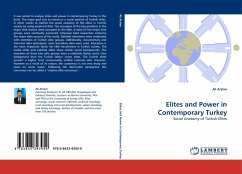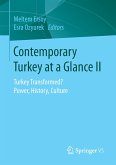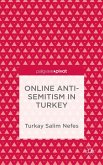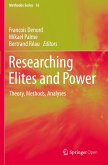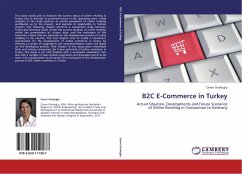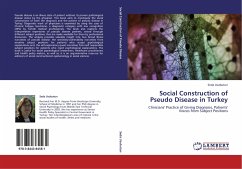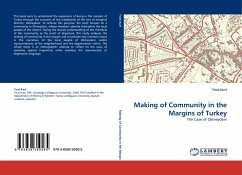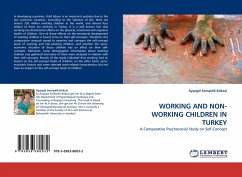It was aimed to analyse elites and power in contemporary Turkey in this book. The major goal was to construct a social portrait of Turkish elites, in other words to outline the social anatomy of the elites in Turkish society by using empirical data. The occupiers of the key positions in the major elite sectors were accepted as the elite. A total of five major elite groups were eventually examined. Extensive field researches comprise the major data sources of the study. Detailed interviews were conducted with members of Turkish elite groups. Additionally, documentary and historical data techniques, even secondary data were used. Education is the most important factor for elite recruitment in Turkish society. The media elites and political elites share similar social backgrounds. The members of these two elite groups have a relatively higher social class background than the Turkish labour union elites. The Turkish elites present a higher level consensually unified national elite character. However as a result of its nature, this consensus is not very sharp and exact on some issues. Following the demo-elite perspective this consensus can be called a "relative elite consensus".
Bitte wählen Sie Ihr Anliegen aus.
Rechnungen
Retourenschein anfordern
Bestellstatus
Storno

